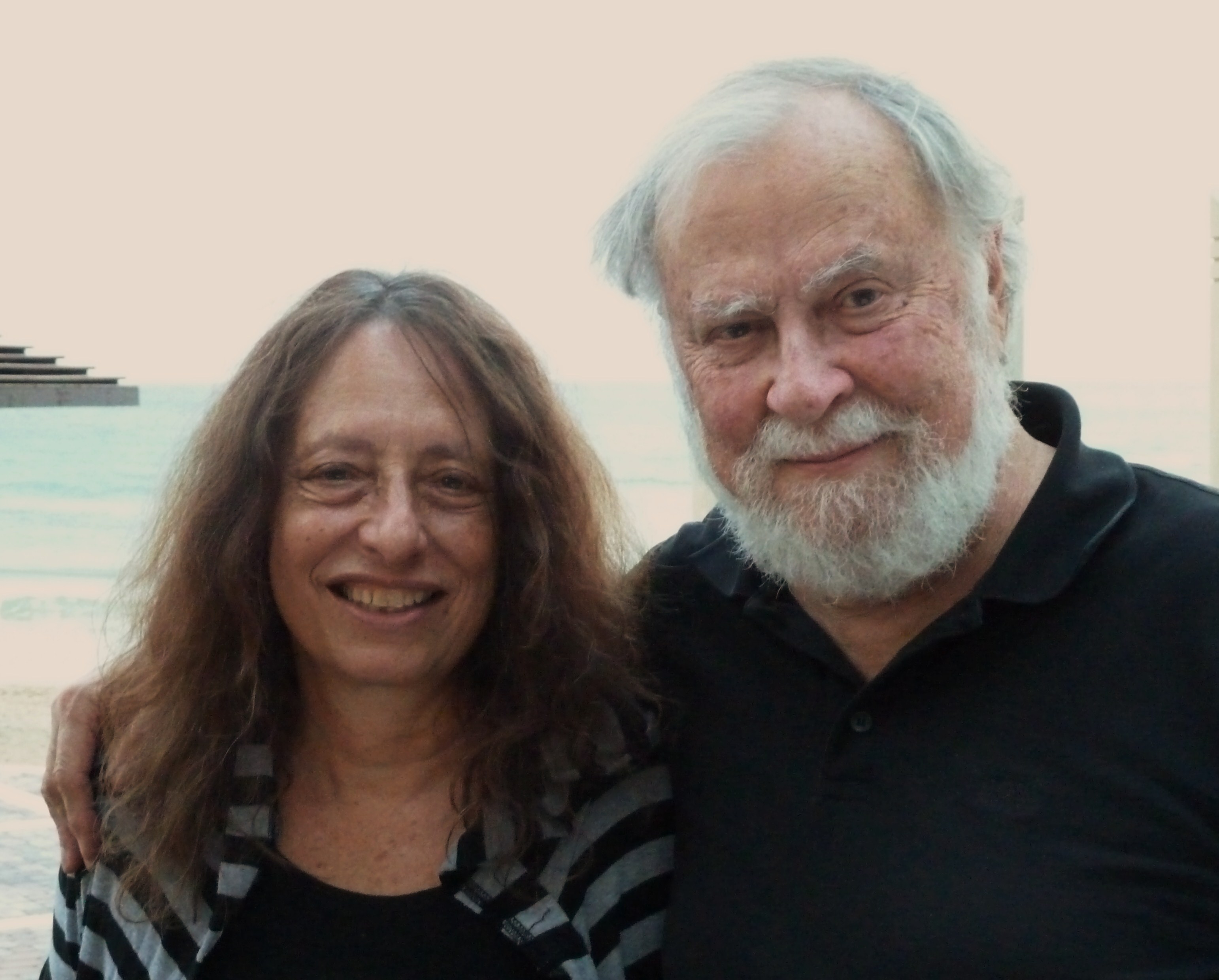I don't see myself as an icon. I was very moved by the response to my book; it brought me into relationship with many people whom I otherwise would not have met. I also discovered that in becoming a public figure, I became a focus for all kinds of projections that had little to do with me.

"Carol Gilligan" is an American feminism/feminist, ethicist, and psychologist best known for her work with and against Lawrence Kohlberg on ethical community and ethical relationships, and certain subject-object problems in ethics.
She is currently a Professor at New York University and a Visiting Professor at the University of Cambridge. She is presently teaching as a visiting professor at New York University, Abu Dhabi. She is best known for her 1982 work, In a Different Voice. She is the founder of difference feminism.
If you enjoy these quotes, be sure to check out other famous psychologists! More Carol Gilligan on Wikipedia.The hardest times for me were not when people challenged what I said, but when I felt my voice was not heard.
My research suggests that men and women may speak different languages that they assume are the same, using similar words to encode disparate experiences of self and social relationships.
Many women have told me they remember where they were when they read the book, and how they felt suddenly that what they really thought or felt about things made sense.
I used to tell women graduate students, half-seriously, that the role of slightly rebellious daughter was one of the better roles for women living in patriarchy.
It all goes back, of course, to Adam and Eve -a story which shows among other things, that if you make a woman out of a man, you are bound to get into trouble.
The women's movement is taking a different form right now, and it is because it has been so effective and so successful that there's a huge counter movement to try to stop it, to try to divide women from one another, to try to almost foment divisiveness.
In the different voice of women lies the truth of an ethic of care, the tie between relationship and responsibility, and the origins of aggression in the failure of connection.
Copyright © 2024 Electric Goat Media. All Rights Reserved.